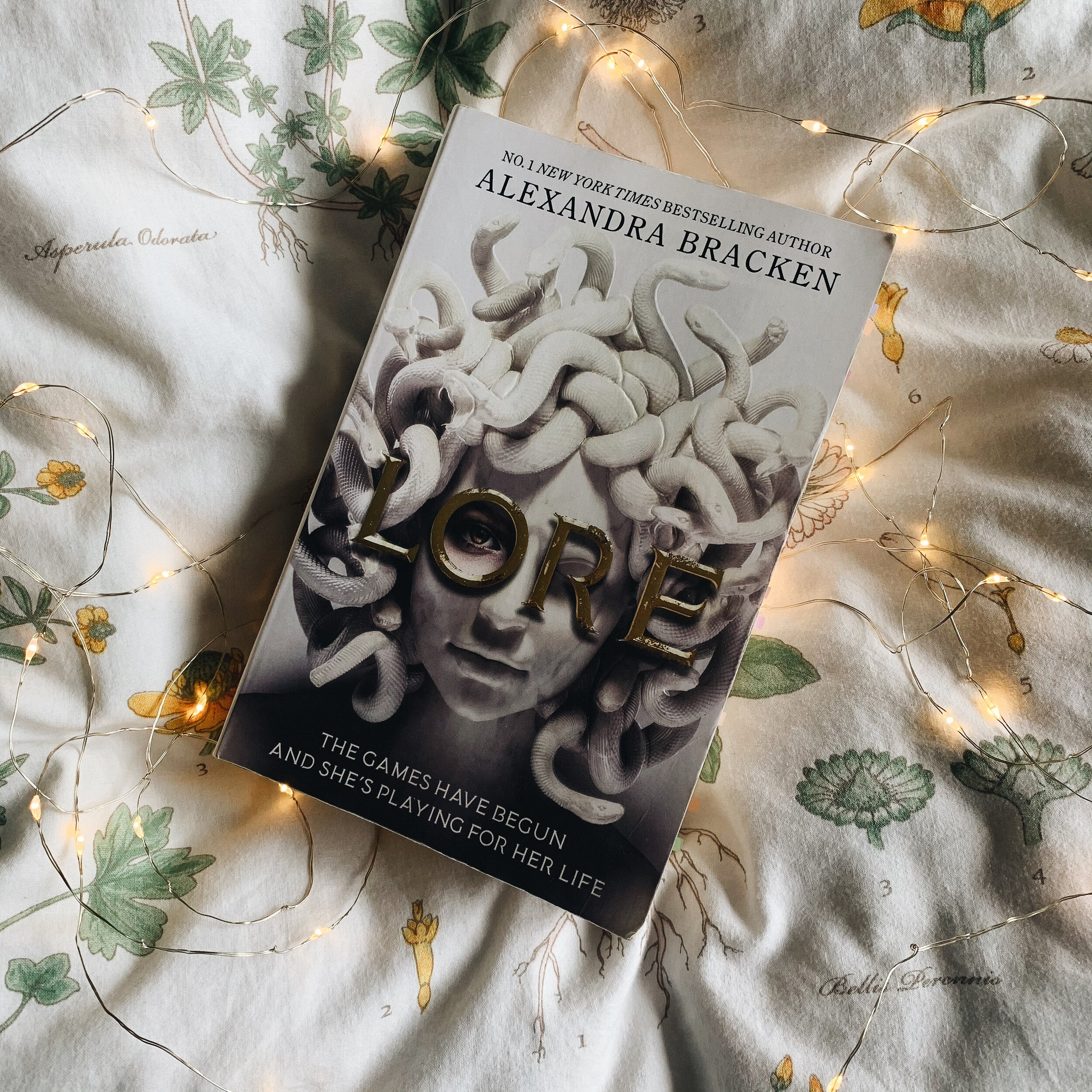This is what I would call a top-notch, ★★★★★ read.
A vision of cosmic grandeur, I suppose. A symbol of the mingled glory and horror of existence. No one gets out alive. (177)
What is the book about?
Piranesi is a book of journal entries. The journal entries are being written by a man in his thirties whose name has been given to him by the only other human which lives in the House. He is known as the Other, and the name he has given our protagonist is Piranesi. Piranesi doesn’t feel like this was always his name, but he accepts it. The journal entries detail Piranesi’s movements, daily routines and discoveries as he moves about the House. The House is the entire world in which only two people live. But there are rooms full of water, and tides which Piranesi has noted the patterns, there are birds of all different types, long halls and thousands of statues. He is a Child of the House. But, all is not as it seems in the House, and as Piranesi begins to unravel the mystery, he uncovers secrets that could potentially cause madness. Piranesi’s once beautiful world is becoming something strange, and the more he uncovers, the more dangerous it becomes.
Thoughts and Feelings
I am absolutely awestruck with this book. I have a feeling this is going to be a short review, not because I didn’t love it (I did), or because I don’t have a lot to say about it (I do), but there just isn’t a lot I can say about it without spoiling it. I thought the writing was beautiful, for a novel set out in journal entries, I thought the language was incredibly evocative, and the journal entries read more like the action or the conversion was happening as you read it, rather than it being a later account. In this way, I was in awe at the writing and I thought the style of writing was the perfect way to express this story. You are in the mind of Piranesi the entire time, and for once, I was thankful we only had his thought process and point of view. As Piranesi discovers secrets and uncovers mysteries, you are right there along with him, which is why I just could not put this book down. It’s atmospheric, strange, beguiling and so complex. Not everyone will like this book (as with all books). It wanders from hall to hall, slowly opening up and the magical realism-esq feel of this book is probably why I loved it so damn much. If you’re looking for action and a straightforward plot, this is not the book for you.
Not everything about the Wind was bad. Sometimes it blew though the little voids and crevices of the Statues and caused them to sing and whitle in surprisnig ways; I have never known the Statues to have voices before and it made me laugh for sheer delight. (28)
The House is absolutely phenomenal. There are hundreds upon hundreds of great halls and corridors, there are rooms which open to the sky above, rooms with no windows, rooms full of water, rooms full of clouds, and birds of many types who have found a home in the House and its walls. The description of the House, and the way Piranesi interacts with it is such a pleasure to read, as he treats everything and every creature with respect and kindness. The labyrinth of rooms and corridors is also laden with statues; thousands upon thousands of statues. Many of these statues depict actions and concepts that do not exist in the House, such as gardening and beekeeping. Many of the statues are imbued in metaphors, and many depict figures and creatures from mythology such as minotaurs and satyrs. I found that, although this book had nothing to do with mythology, the whole thing made me think of the Minotaur in the labyrinth, and the notion that only one person survives the labyrinth, and it was 99% of the time, the Minotaur (there’s a chance that I blame Erica over at Moaninc for this, but I am so glad for it). It was like this constant feeling that not everything was as it seems. This book exudes a whisper of mythology, but is rooted in the idea of a higher order of being, in Piranesi’s case, the House. It’s so hard to explain the way in which the beliefs and rituals of civilisations passed such as Ancient Greece, are woven into the foundations of this tale (to me, at least).
I almost forgot to breathe. For a moment I had an inkling of what it might be like if instead of two people in the World there were thousands. (59)
That’s all I’m going to say about this book, simply because I don’t want to say too much and ruin anyone else’s experience whilst reading this book. I’m sure people have gotten more out of the metaphors and subtleties from this book than I have, but I say thought it was a spectacularly written story with an incredibly original and unique plot. I absolutely adored it. I would recommend that you read this in as little sittings as possible. It is best experienced as undisrupted as possible. If you have read this book, I would LOVE to chat with you about it!! Please chuck a comment down below or find me at @kell_read on Instagram!!





